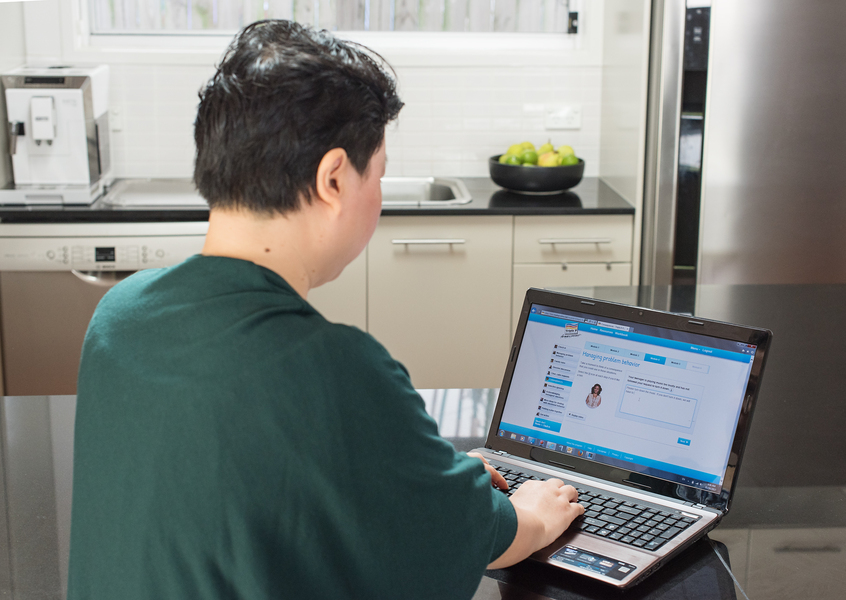New online program for parents tackling turbulent teens

In an Australian first, a free online program for parents of teenagers is set to help Queensland families navigate the turbulent teen years with confidence.
Following the success of its online course for parents of children aged up to 12, Triple P has developed an online program specifically for parents of tweens and teens aged 10–16.
Triple P teen expert Associate Professor Alan Ralph said today’s teenagers were facing different challenges than their parents.
“Today’s teens are growing up in a world of rapid change,” Assoc. Prof. Ralph said.
“Despite seeming to have far more choices, teenagers are also facing greater uncertainty about the future.
“Equipping our teens to confidently step into the world is vital if they are to become happy, successful, well-adjusted adults.”
Teen Triple P Online gives parents skills and strategies to encourage considerate and appropriate behaviour, develop independence and confidence, and successfully prepare teens for the risky situations they will undoubtedly face.
Assoc. Prof. Ralph said parents of teens were often concerned about how to deal with talking back, fighting with siblings, and moodiness and irritability.
“Adolescence doesn’t have to be difficult – with the right tools and preparation it can be a positive experience for both parents and teenagers,” he said.
To learn more or sign up for Teen Triple P Online, visit www.triplep-parenting.net.au/teens/
TRIPLE P'S TOP 5 TIPS FOR TALKING TO TEENS
1. Learn a New Language
Break the habit of speaking to your teenager like a child and talk to them more like you would a work colleague or acquaintance. Share ideas, offer choices, negotiate and value their contribution.
2. Stay in Touch
Have regular positive conversations about day-to-day activities. Ask them to show you what they’re interested in and how it works.
3. Pick Your Battles
Save your energy for important issues. Try to avoid knee-jerk or instinctive reactions and pause to think about whether the issue is important in the long term.
4. Timing is Everything
Don’t start talking at them the minute they walk through the door after school, or when they come home late. Keep it brief and let them know you’re happy to see them. If there’s an issue you need to discuss, make an appointment for a time when there’s nothing else competing for your attention.
5. Walk the Walk
Lead by example. Think about what you say and how you say it and be the adult you want your kids to become.
